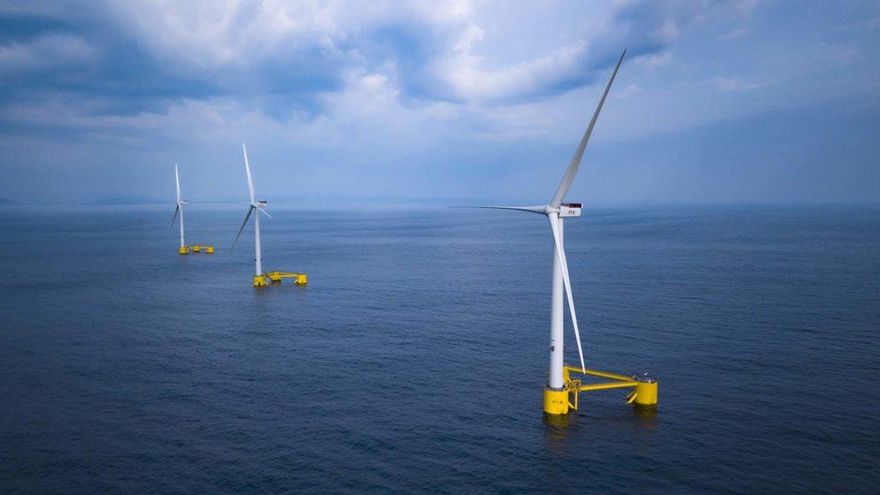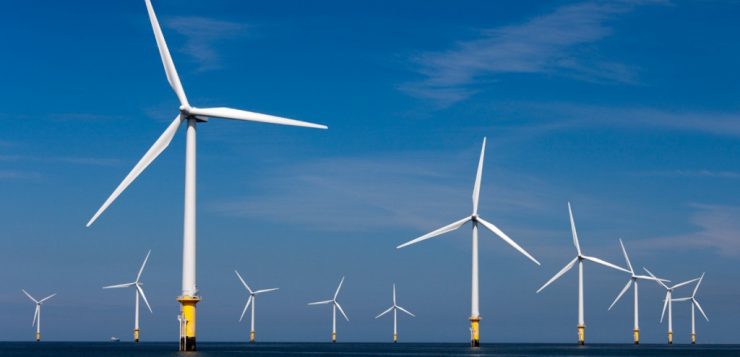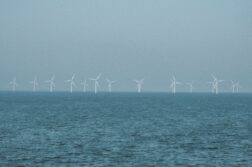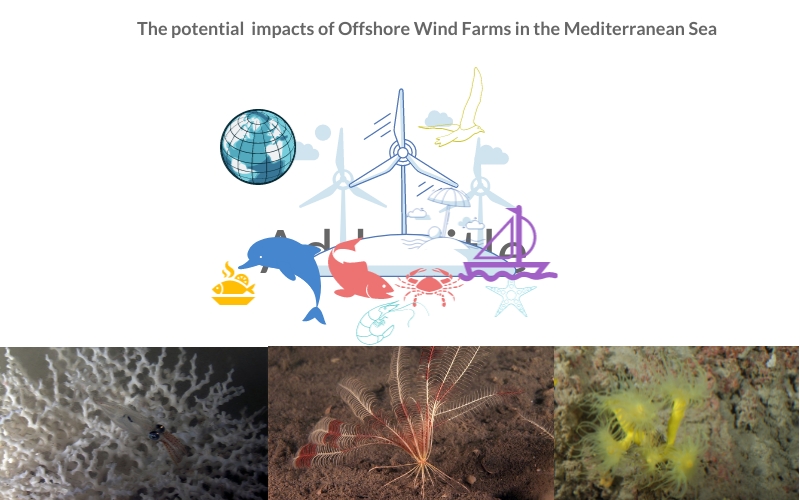The film, in which CEAB-CSIC researchers have collaborated, reflect a complex topic: the balance between the need to promote renewable energies and the need to protect biodiversity.
“Un silenci blau” (A blue silence) reviews the impacts that the macro wind farms projected in Golf de Roses and Cap de Creus could have. These are spaces of high value because they host great biodiversity.
Through the testimony of experts in different fields (such as marine biology, socioecology, law, oceanography or geography), it invites us to reflect on the benefits and drawbacks of large wind farms and explains the need to rely on evidence before carrying out these initiatives, as well as to decide where and how they are implemented.
The Càtedra Oceans i Salut (Oceans and Health Chair) documentary has already received recognition for its contributions to the offshore wind debate. Now it has received a new distinction, from the Enrironmental Film Festival (SUNCINE), which has selected the film for its official section.
“Un silenci blau” was carried out in collaboration with the Center for Advanced Studies of Blanes (CEAB-CSIC), the Institute of Marine Sciences (ICM-CSIC), the University of Barcelona and the International University of La Rioja. It was produced by Polimarc Films and was sponsored by the Roses City Council and the Universitat de Girona (UdG).

Impacts of offshore wind
The documentary was based on scientific articles published on the ecological and social impacts of offshore wind energy and on the specific effects on areas that are considered refuges for species in the current emergency context due to the enormous and constant loss of biological diversity.
To delve deeper into this issue, a specific research project has recently been started: BIOPAIS. Coordinated by the Càtedra Oceans i Salut Humana of the UdG (Oceans and Health Chair) and financed by the Biodiversity Foundation, within the framework of the NextGenerationEU funds, the research has researchers from the CEAB-CSIC, specifically with the doctor in marine ecology and expert in the study of Rafael Sardà socioecological systems.
BIOPAIS takes as a practical case the offshore wind farm projects planned in the area of Cap de Creus and the Gulf of Roses, together with protected areas such as, among others, the Natural Park of Cap de Creus, the Medes Islands and the Montgrí, or the Mediterranean cetacean migration corridor (declared a Marine Protected Area).
BIOPAIS project first results
This September 24, from 5 p.m. to 7 p.m., the first results of the investigation will be made public. It will be in an event at the Teatro de Roses, open to everyone who wants to attend.
Scientists will talk about the impacts, both ecological and social, that wind farms would have in the areas of Cap de Creus and Golf de Roses.
Additional Information:
-More information about the event to present the first results of the BIOPAIS project_ Càtedra Oceans i Salut de la UdG (Oceans and Human Health Chair)
–Scientific articles about the impacts of offshore wind
-Documentary “Un silenci blau”





